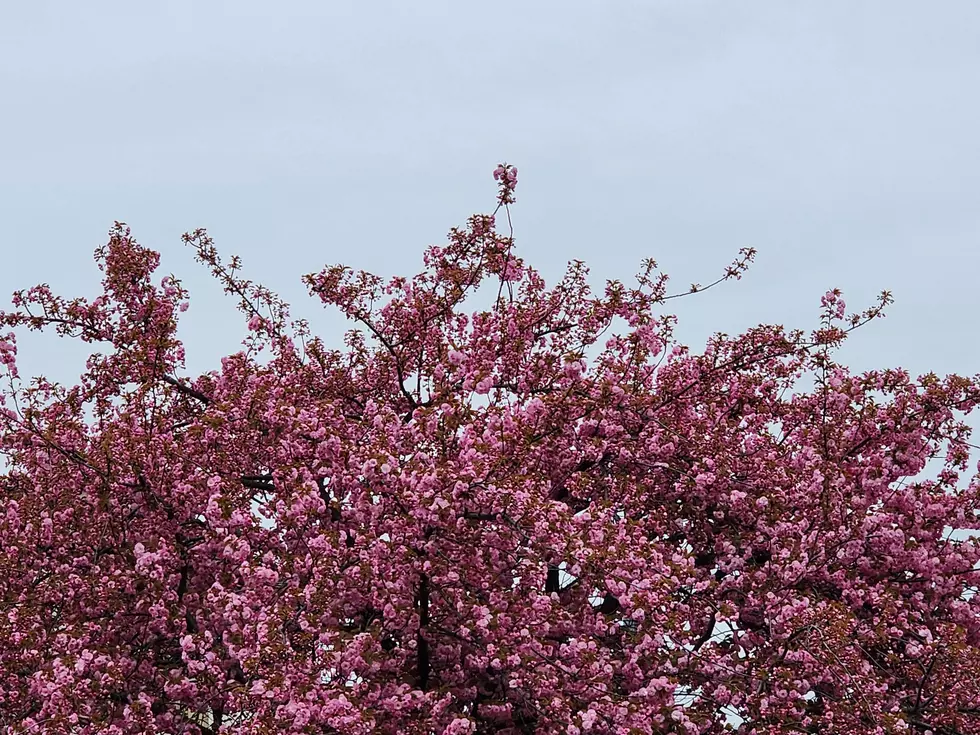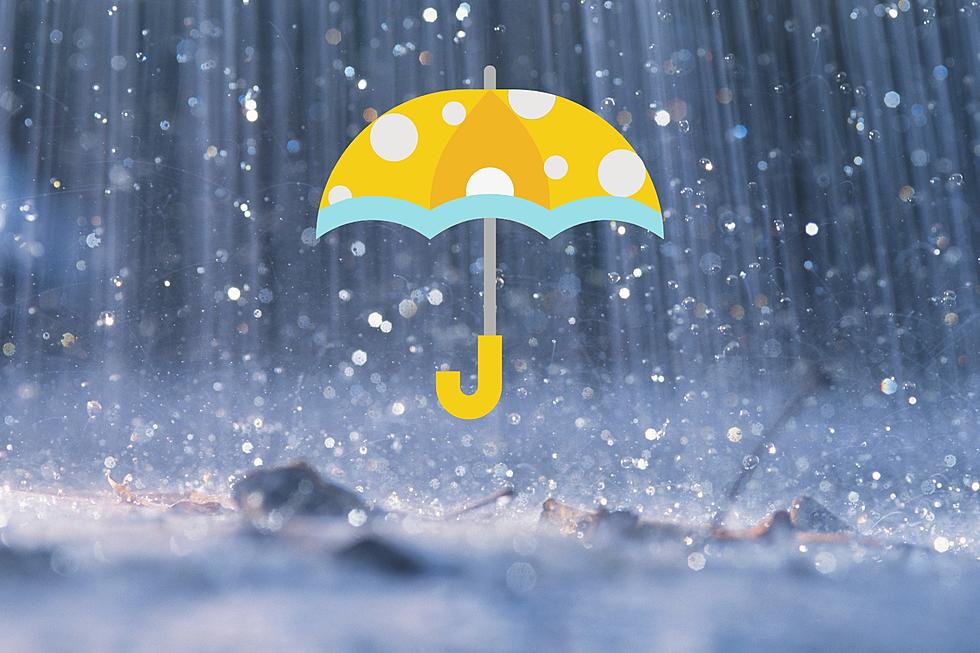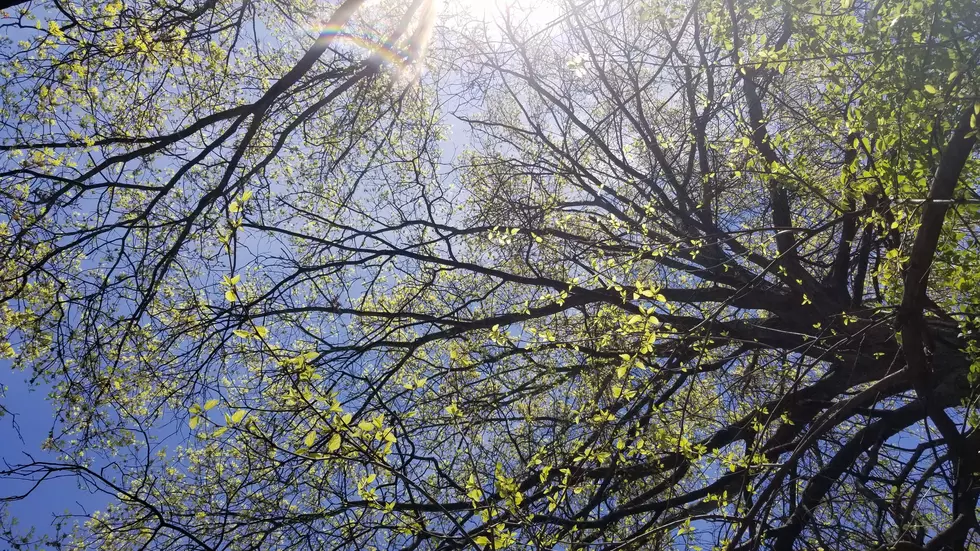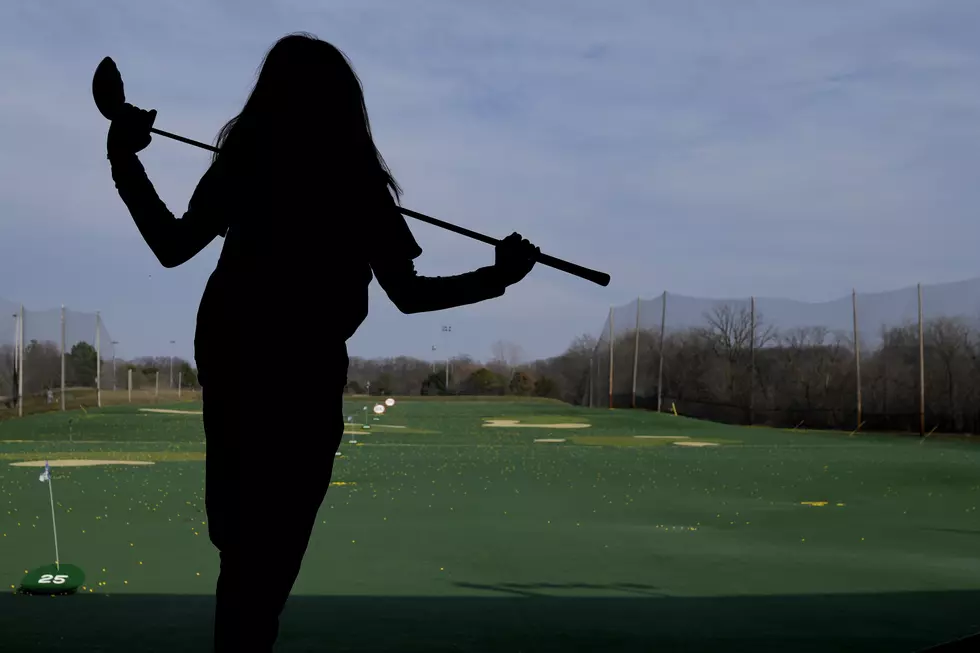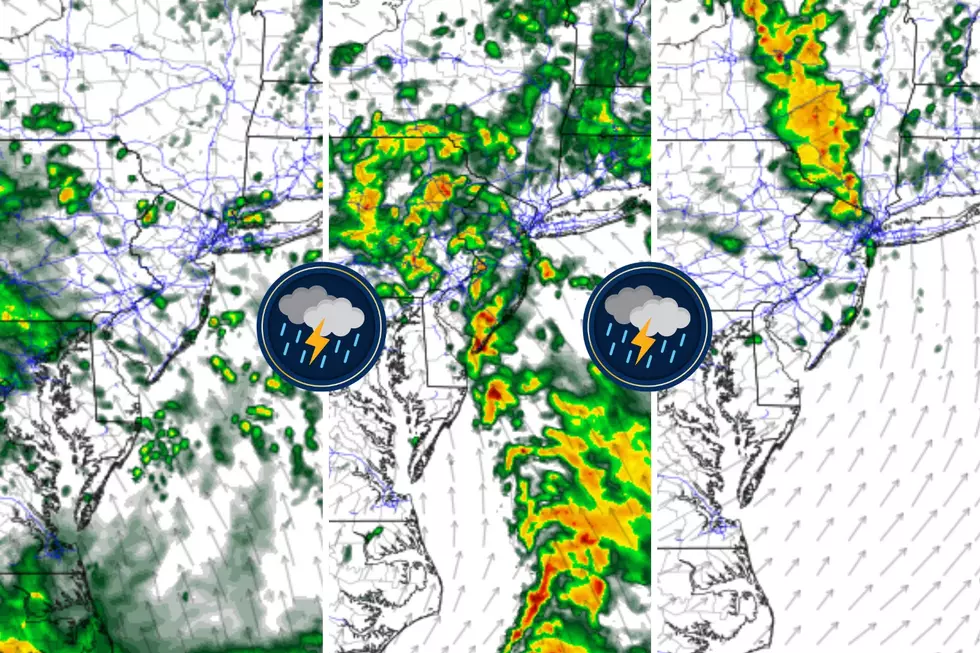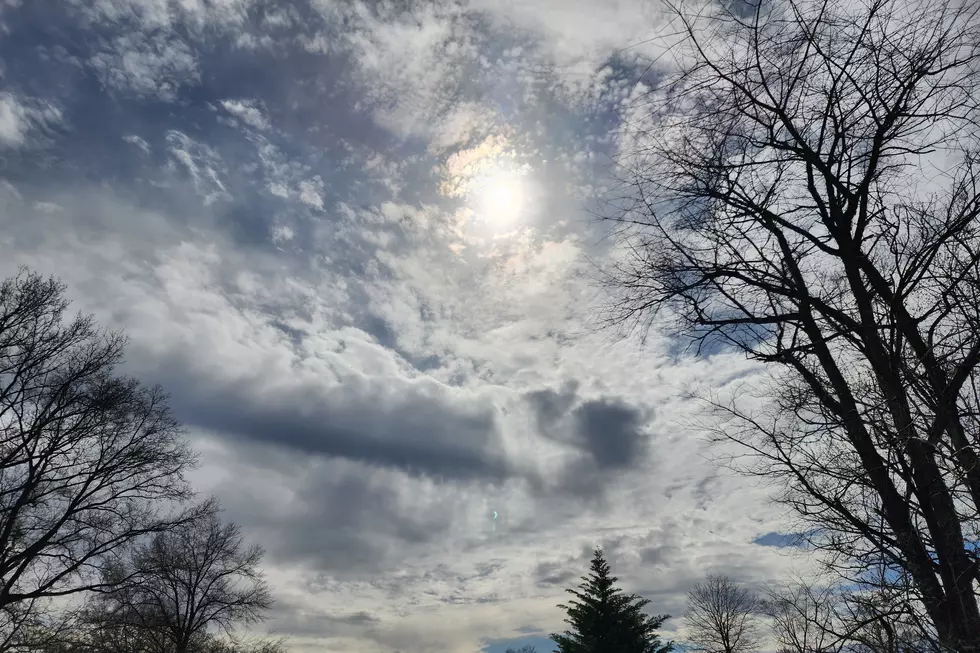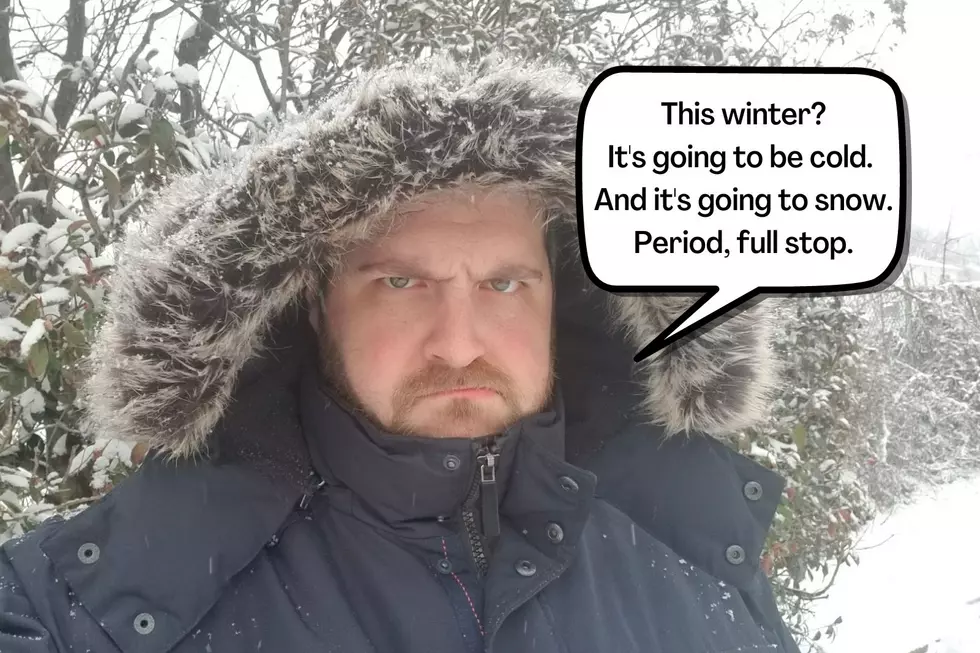
Why most winter season snow forecasts for NJ are total baloney
Winter is Coming
Earlier this week, I published an article with a detailed analysis of when "snow season" historically begins here in New Jersey. (Spoiler alert: It already started — measurable snow has fallen in New Jersey in eight months of the year, from October through May.)
This is also the time of year for forecasters to attempt to guess what lies ahead for the winter season. Will it be cold, stormy, and/or snowy? Or wiIl it be more tame, mild, wet, etc?
Some notoriously take wild guesses, like the Farmer's Almanac and Old Farmer's Almanac. Or the notorious "weather rodent," the groundhog. Some meteorologists try a more methodical, scientific approach.
However, every year — without fail — every single one of those seasonal outlooks are proven wrong by springtime. Too many forecasts try to stretch the science of meteorology too far. And they end up being a complete bust.

Take Winter Seasonal Forecasts with a Giant Grain of Road Salt
Personally, I refuse to publish any kind of formal long-range seasonal forecast — whether it be for winter, summer, hurricane season, or any other time frame. There are five reasons why I feel so strongly about this mostly insurmountable challenge.
Meteorologists can't even get "tomorrow" right.
If I had a dollar for every time I've heard that line (or read it on social media), I'd be set for retirement. Weather forecasting is an inexact science. Sometimes we just don't gain clarity and confidence about a storm forecast until 24 hours beforehand. And yes, sometimes even short-range forecasts turn out to be a total bust.
There are so many variables, assumptions, and "wiggle" factors to consider for a short-term week's forecast. The argument can be made that those challenges (and potential failures) increase exponentially on the scale of a 3-month outlook.
Seasonal outlooks are a very specialized kind of forecasting.
There is not a single tool or product I use in my daily forecasting routine that is helpful for long-term, seasonal forecasting. It requires a very different set of weather/climate models and forecasting tools. And it takes a special set of skills and expertise. (Which I fully admit falls outside of my primary weather wheelhouse.)
Seasonal forecasts are too vague to be useful.
"Expect near normal precipitation and above normal temperatures."
Winter weather is tricky. Oftentimes, the impacts of a big winter storm (snow vs. rain, how much accumulation, etc) will come down to a few degrees on the thermometer, a few hours on the clock, and/or a few miles on the storm track.
Even though a seasonal forecast will call for "near normal" precipitation, that's still a lot of snow. And we can absolutely still get clobbered by big storms. Just because there are signals for "above-average" temperatures, it can still be cold enough for substantial snow and ice accumulation.
The entire point of authoring a seasonal forecast is for your audience to find it specific enough to be useful and actionable. If it's not, then what's the point?
Forecasters attempt to get too specific to be accurate.
"Expect 23.456 inches of snowfall, mainly between the 13th and 15th of February."
OK, that's an extreme example. But sometimes, forecasters are guilty of going (far) beyond the capabilities of the inexact science of meteorology.
There's no secret formula to magically "solve" the winter season forecast. The vast amount of uncertainty — and the fact that a single storm, cold snap, or warm wave can throw off the entire thing — means we have to generalize everything.
In other words, again, the more specific a forecast gets, the more likely it is to bust.
It just takes one storm to make a season memorable.
I will scream this from the top of my lungs forever. Very few people remember how a given snow season turned out. But we all remember "the big ones" — historic storms that cause huge disruptions and long-lasting impacts.
But There Are Some Helpful Clues
Now that I have totally admonished my meteorological colleagues — whose motives in offering a seasonal forecasting range from pure to clickbait — I will fully admit that the atmosphere and oceans offer substantial hints to what lies ahead long-term.
Teleconnections
This is the big one. Perhaps you have heard of the El Niño Southern Oscillation (ENSO), which describes the movement of warm ocean water in the South Pacific Ocean. Or the North Atlantic Oscillation (NAO), characterizing pressure differences in semi-permanent air masses over the North Atlantic Ocean.
The evolution and progression of these indicators can be indexed (given a specific positive or negative value), which can be tracked over time. Those shifts tell us a lot about anticipated weather patterns.
For instance, we have been in a La Niña phase (ENSO negative) since early 2020. Such a pattern tends to lead to reduced storm and snow activity in the Northeast U.S. (As we largely saw during the last two winters.)
Meanwhile, the NAO is much more volatile, swinging between positive and negative. The trend here again leans toward more mild, wet winters rather than snow bombs.
Will those large-scale factors stay the same throughout the entire winter season? No way. But it is a reasonable starting point.
Climatology
My personal favorite analysis is to look at the past few months/seasons, and research "analog" years that featured similar conditions.
For example, we can key on our hot, dry summer (July/August) and cool, wet fall (October). Via quick back-of-the-envelope kind of comparison, such conditions also resemble two analog years:
1.) 2002-2003... An active, snowy winter. Culminating in the historic President's Day Storm in February, which dumped up to 2 feet of snow over NJ.
2.) 1983-1984... Also a busy season, known primarily for a record cold snap and significant snow around Christmas in December.
Notice how those historical descriptions are in direct conflict with the tame "teleconnections" analysis above. Feel free to shrug your shoulders along with me.
In Conclusion
I hope you have a sense of just how impossible a task it is to give a confident, competent seasonal forecast.
Bottom line: It is going to be cold (at some point). It is going to snow in New Jersey (at some point). And New Jerseyans will absolutely complain, no matter what falls from the sky. Period, full stop.
Dan Zarrow is Chief Meteorologist for Townsquare Media New Jersey. Follow Dan on Facebook or Twitter for your latest weather forecast updates.
First flakes: When does snow season start in NJ?
Final flakes: When does snow season end in NJ?
The Blizzard of '96 Revisited: Snow totals for every NJ county
More From New Jersey 101.5 FM

